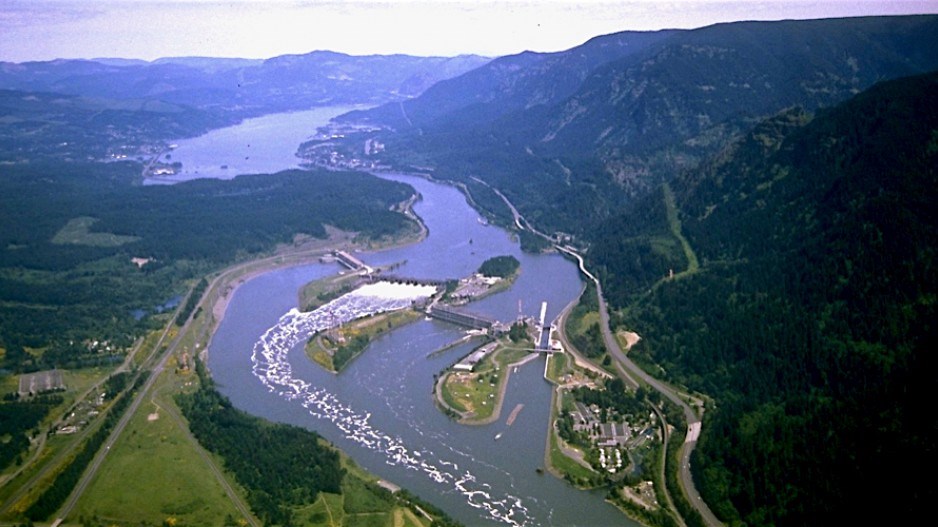Canadian and U.S. officials have wrapped up the latest round in a five-year negotiation to modernize a major treaty on flood control and power generation on the Columbia River.
Global Affairs Canada says negotiators from both countries in the Columbia River Treaty met in Kelowna on May 16 and 17, and the next round of talks is scheduled for Aug. 10 and 11 in Seattle.
The original treaty was signed in 1964 after catastrophic flooding of the Columbia River destroyed Vanport, Oregon, in 1948.
The treaty facilitated the construction of four dams — three in British Columbia and one in the United States — to manage river waters while generating power for the region's growing power demand.
But the province also says on its website that the treaty flooded 1,100 square kilometres of land and displaces more than 2,000 people, including several First Nations communities where consultation was considered "inadequate to non-existent by today's standards."
Global Affairs Canada says its negotiators prioritized issues such as Indigenous cultural values, salmon re-introduction and domestic ecosystem concerns during the talks in Kelowna this month.
This report by The Canadian Press was first published May 20, 2023.
The Canadian Press




